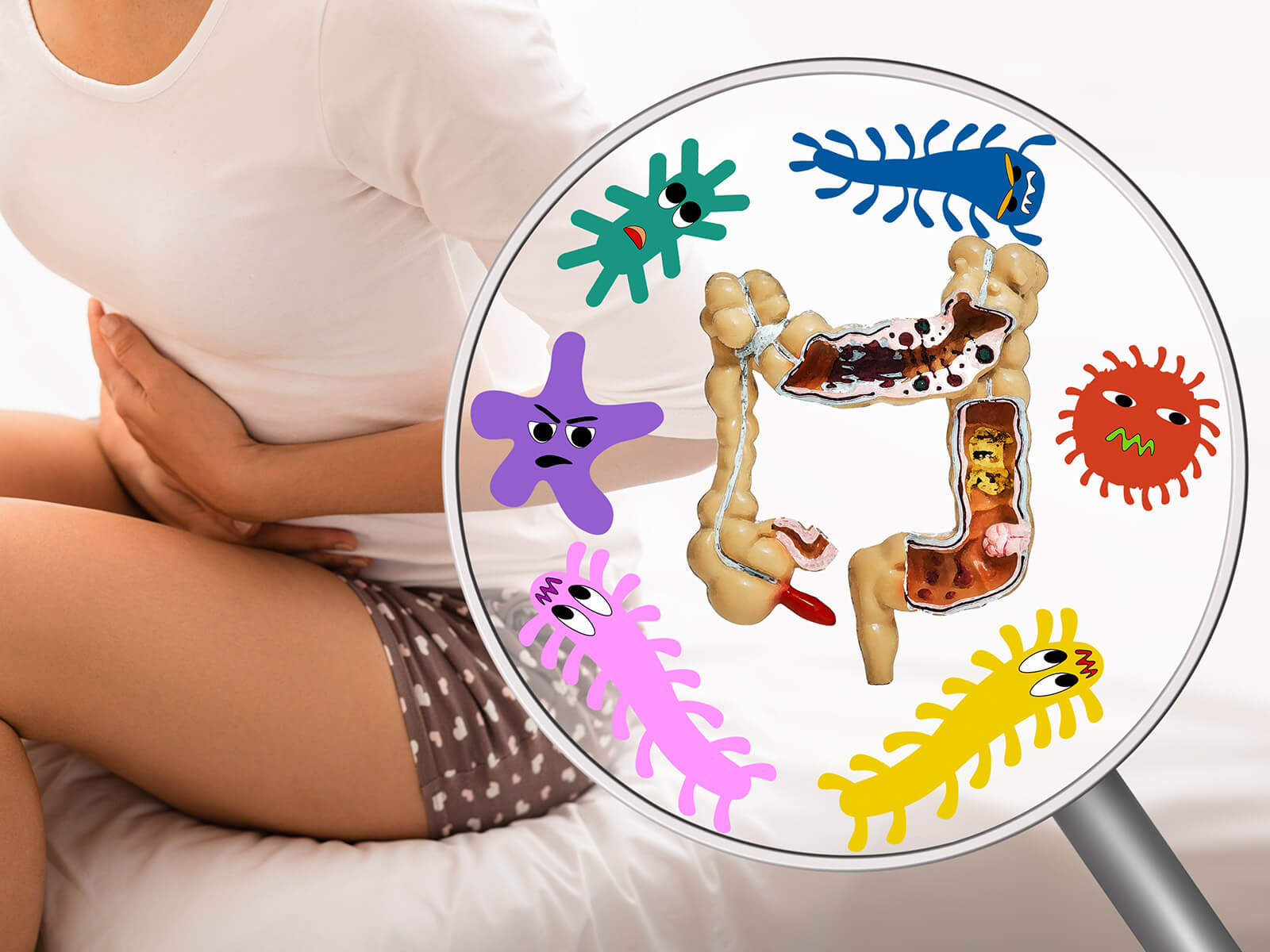
Crohn Disease is a chronic inflammatory disease that may occur across any section of the gastrointestinal system of the body, the mouth to the anus. It arises when the immune system selects the healthy digestive tissue to attack it; this results in swelling, ulcers and inability to absorb nutrients.
The symptoms tend to be volatile and have exacerbations and paucity. Watch for:
Although it is not clear what causes Crohn to be triggered, some of the factors might include:
Waiting to receive care are not reasons to delay. We offer an elderly, compassionate care approach to Crohn disease patients in Houston, with ultra-modern diagnostics and tailor-made treatment methods. Make your appointment now and leave the GastroDoxs to take care of digestive system and get the quality of life you deserve back.
We've successfully treated more than 1K patients, helping individuals improve their digestive health and overall well-being through expert, personalized care.
With over 20 years of experience, GastroDoxs has been a trusted provider of gastroenterology care, focusing on delivering the best outcomes for patients
Crohn Disease may lead to digestive inflammations at any point intestinal tract-aptite chouchete a la boule- and frequently goes deeper into the lining of the intestines. Ulcerative colitis is not beyond the inner lining of the colon and it begins in the rectum.
Crohn fabricated disease has a general ICD-10 code of K50. The definite places and presentation are identified and listed in subcategories (e.g. K50.0 small intestine involvement and K50.1 colonic involvement).
Crohn-friendly diet tends to be low-fiber or soft foods like cooked vegetables, white rice, lean proteins (chicken, fish, eggs) and lactose free dairy product. A food diary would assist in the detection of individual precipitating foods.
Less severe ones can be treated by use of 5-ASA (aminosalicylates) or temporary steroids. Usually, moderate to severe cases require the use of immunomodulators (azathioprine) or biologics (infliximab, adalimumab) in order to control the inflammation.
Diagnosis diagnoses are usually conducted through colonoscopy and biopsy, cross-sectional imaging (enterography using CT or MRI) and a stool test to be able to rule out infections.
Yes. During the time of menstruation, women are likely to experience augmented bloating, cramps at the center or cracks alongside the joints. Gastrointestinal symptoms are aggravated by hormonal changes at times.
Inflammation of the theory to the mouth manifested in swollen lips, mouth ulcers, or angular cheilitis (cracks at the corner of the mouth) is known as the face of Crohn disease.
Home-based intervention—which includes changing the diet, reducing stress (yoga, therapy), maintenance of hydration, and frequent follow-ups with their GI specialist can manage mild symptoms. Those that are new or getting better need to be reported.
The surgery is the last option within the failure of medicines to occupy the symptoms or issues- like bowel obstructions, abscess, fistulas, or extreme bleeding. Enhancing procedures can either remove a damaged zone or brush broadenings.
GastroDoxs is a Paleo diet health center located in Houston, where board-certified specialists in Crohn and their diagnosis, treatment, and diet/lifestyle guidance are offered. Make commission or a reservation.